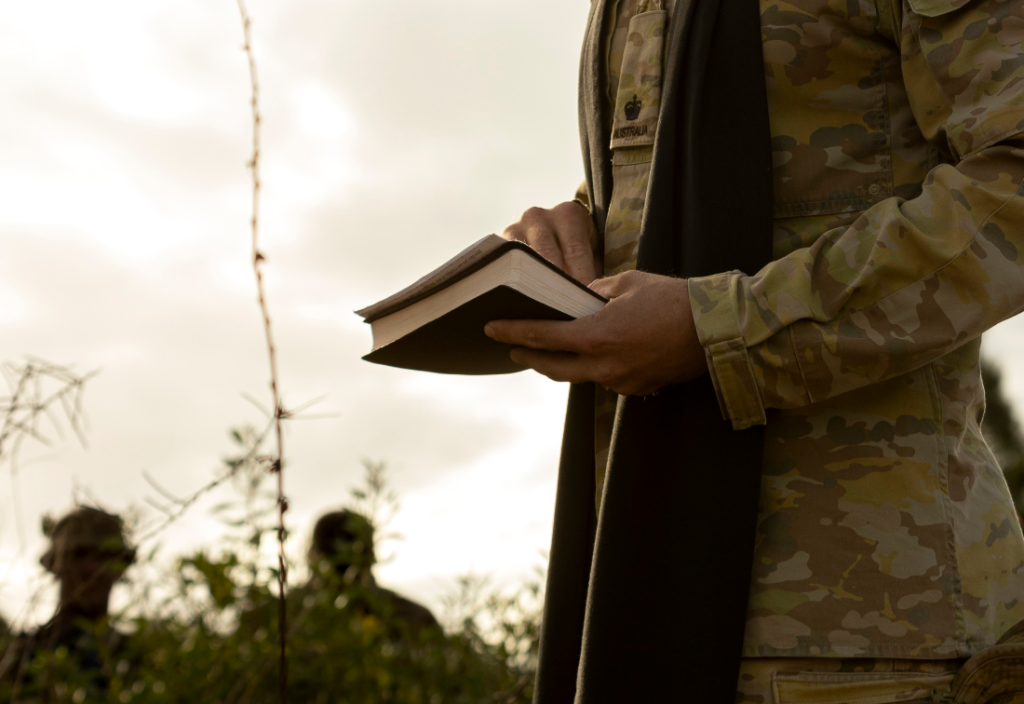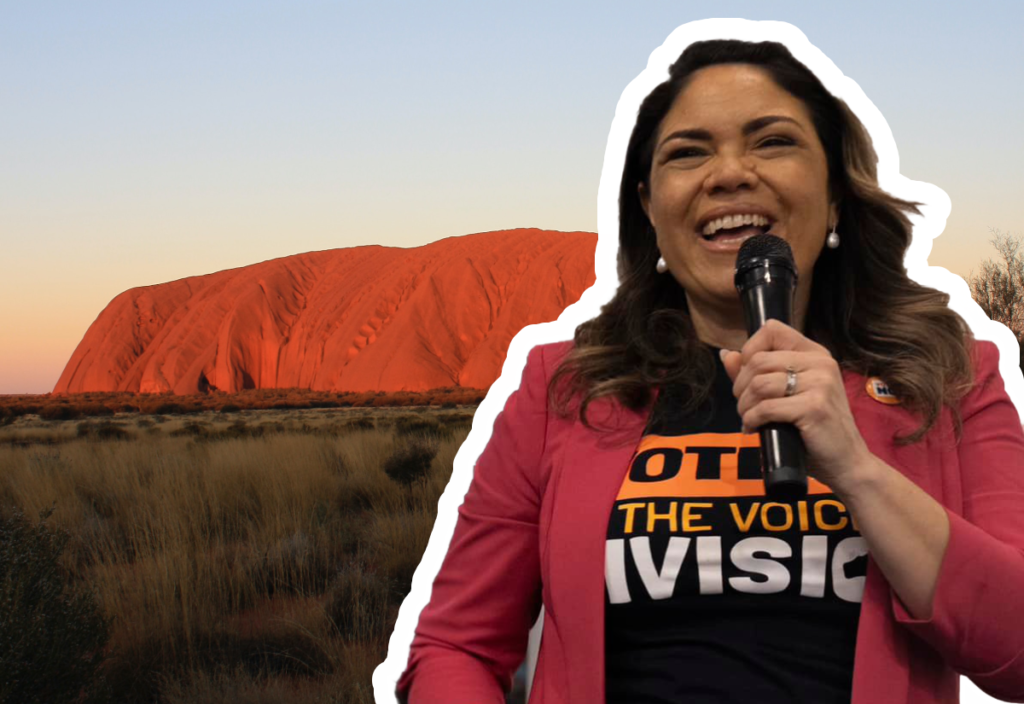Douglas Adams, of The Ultimate Hitchhiker’s Guide to the Galaxy fame, reminds us that a person’s reality is unique to the person.
“Everything you see or hear or experience in any way at all is specific to you. You create a universe by perceiving it, so everything in the universe you perceive is specific to you.”
All we perceive via our senses – sight, sound, smell, and touch – creates the universe we know. Some will have constructed a reasonable view of themselves, others and life whilst others may not.
In our schools, children are constructing their version of reality according to their interpretation and understanding of their own experience.
Children are active participants in their learning. They process and test input against the evidence available and make informed decisions. It is the job of counsellors and teachers to help children learn how to think, question and test the hypotheses they make – asking, for example, what is true or not at a given time, and how these ‘truths’ are challenged by new evidence.
Dr Albert Ellis developed his ABC Theory of Emotional Disturbance in the 1950s. It is a philosophy-based theory influenced by the Stoic philosophers like Epictetus (100AD), who observed: “People are not disturbed by things, but by the view they take of them.”
Ellis’ ABC Theory of Emotional Disturbance posits that extreme upset isn’t caused entirely by the happening or event, but our beliefs have a lot to do with it. Under his theory: ‘A’ refers to the activating event (what happens); ‘B’ refers to beliefs or personal philosophy we construct about self, others and life; ‘C’ refers to the emotional and behavioural consequence of ‘A’.
One debilitating or self-defeating belief held by some students is that they are only okay if others think they are. The ABC Theory calls this conditional self-acceptance – that is, their worth is conditional.
In working with a child, my goal as counsellor is to help them understand what it is that they believe about themselves and then decide if it is helpful or not (rational/irrational). And, if not, I help them to consider what evidence there is to challenge the veracity of what they believe.
I want to help the child to learn how they can accept themselves unconditionally and help them understand that their worth is not given to them by others – and so it can’t be taken away unless they allow it.
Let’s consider the example of ‘Mary’ who has been referred to me for help. She is a primary student who, according to her teacher, seems ‘down’ and disengaged from her learning and from her peers.
In conversation with me, Mary says, “no one likes me”. It turns out that a significant other – a friend – has chosen not to hang out with her as often, as the friend has found others that she wants to associate with. Mary, it seems, thinks that she ‘needs’ the acceptance of others, especially of her friend, to be okay. She has a “belief rule” that says: “People I like must like me; and, if they don’t, then I am unlikeable. I need them to like me.”
We give this irrational thinking a name – ‘brain bully’. We decide that this ‘must’ type of thinking – a rigid and fixed mindset – is brain-bully thinking.
Mary’s sense of reality is problematic because, to be worthwhile, in her view she needs the approval of others.
Alfred Korzybski, creator of general semantics theory, says that we ought to be more thoughtful about the language we use and mindful of the messages we convey when we speak with children.
Mary has made sense of the information she receives in her world and has deduced that her worth depends on the approval of others. Too many inappropriate words can confuse understanding.
Korzybski suggests we develop a “scientist sensibility” for listening. He talks about creating a “verbal pollution-free zone” by asking three questions that encourage specific answers: 1) What do you mean? 2) How do you know? 3) What did you leave out?
If we apply this method to Mary’s case, then we can imagine the discussion unfolding in the following way:
Mary: “My friend doesn’t like me, and no-one likes me.”
Counsellor: “What do you mean? What is your understanding of ‘no-one likes me’? What do you mean when you say no-one likes you?”
Mary: “No-one wants to be my friend.”
Counsellor: “How do you know that no-one wants to be your friend?”
Mary: “People don’t want to hang out with me.”
Counsellor: “What did you leave out? What have you ‘forgotten to remember’? What can we find that proves you are not friendless and unlikeable?”
Mary has forgotten that she does, indeed, have other friends and that one friend’s perceived rejection does not alter this fact.
She also learns to understand that inflexible rigid rules which demand things should always go according to what she wants is a brain-bully expectation.
“Why?” asks Mary. The counsellor responds: “Because you don’t always get what you want. And when you don’t, it isn’t a catastrophe unless you tell yourself it is.”
The counsellor can construct a catastrophe scale in which Mary’s ‘problems’ are organised according to how ‘bad’ they are on a scale from zero to 100. This will show her that there are worse things than her friend choosing to hang out with others. This can help Mary understand that what she is telling herself about her friendship situation – that it is the worst thing to happen – is false.
In the following session, the counsellor would review how things were going and explore the brain bully idea that we ‘need’ the approval of others to be okay.
Rational Emotive Behaviour Education is the application of Ellis’ ABC Theory of Emotional Disturbance in daily teaching practice. Teachers at my school are trained in the theory and in ways of teaching children that thinking, feeling, and behaving are all connected, and that our perception of events affects how we act and feel. Shakespeare, in Hamlet, reminds us: “There is nothing either good or bad, but thinking makes it so.”
There are few trained counsellors working in schools, yet most schools I am aware of have a pastoral care worker employed through the National Student Wellbeing Program – formerly the National School Chaplaincy Program.
The program is funded by the Commonwealth government at a cost of $61.4 million per year. I’m not sure how many counsellors could be trained and deployed in schools for that amount of money, but they could, if they were available, support children using sound, scientifically-based counselling methods.
I have worked with some excellent pastoral care workers who do a lot with the time they have in schools. I have also worked with those who proselytise and promote their ideological views. This is unlawful, of course, and would be the exception, I believe.
But public education should be separate from religion and it should be protected as a secular public service amenable to all without favouring one worldview over another.
As for Mary’s worldview, a counsellor could help her think about her thinking and learn how to self-regulate successfully, especially when she is challenged by unwelcome events.
Mary, Mary,
Please be wary of the nonsense you believe is true.
You can act dumb and fail at stuff,
but don’t let that define you!
If you wish to republish this original article, please attribute to Rationale. Click here to find out more about republishing under Creative Commons.
Photo by Anthony Tran on Unsplash.














